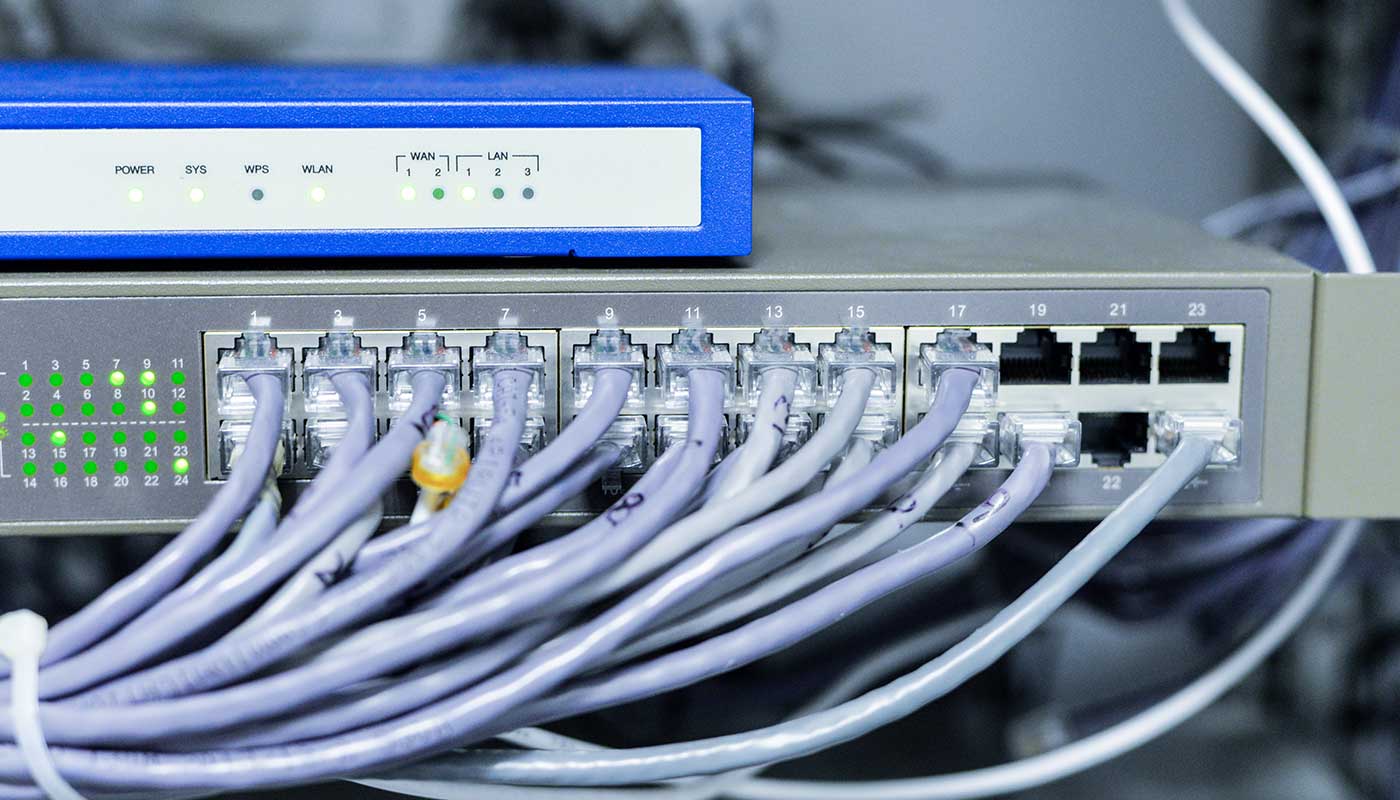IT infrastructure encompass principles and beliefs that are fundamental to its successful implementation and management. Some of the key elements are as follow:
Reliability
IT infrastructure shall be dependable and consistently available to meet the needs of users and the business. It should deliver services and resources without unexpected downtime or disruptions.
Scalability
An effective IT infrastructure shall design to scale seamlessly, accommodating growth in users, data, and demands without compromising performance or stability.
Security
Protecting data, systems, and networks from unauthorized access, data breaches, and cyber threats is a primary value of IT infrastructure. Security measures must be robust and up-to-date to safeguard against potential risks.
Flexibility
IT infrastructure shall be adaptable to changing business requirements and technological advancements. It shall allow for the integration of new technologies and support evolving business needs.
Performance
Providing high-performance capabilities is crucial for delivering efficient and responsive IT services. Optimal performance ensures that users can work effectively and efficiently.
Cost-effective
Striving for cost-effectiveness in IT infrastructure involves optimizing resource utilization, reducing waste, and aligning technology investments with business goals.
Inter-operability
IT infrastructure shall design to work seamlessly with various technologies, systems, and applications, promoting efficient data exchange and collaboration across the organization.
User-Centricity
A user-centric approach ensures that IT infrastructure is designed and maintained with the end-users needs in mind, helping in enhancement of their experience and productivity.
Continuous Improvement
Emphasizing continuous improvement helps in identifying areas for enhancement, implementing best practices, and staying current with technological advancements.
Sustainability
Emphasizing continuous improvement helps in identifying areas for enhancement, implementing best practices, and staying current with technological advancements.
By adhering to these core values, organizations can build a resilient, secure, and efficient IT infrastructure that serves as a foundation for their digital transformation and overall success.

Structure Cabling
Structured cabling is a standardized and streamlined approach to handling and utilizing IT network connectivity, allowing smooth moves, additions, and alterations without disrupting operations. The best Installation offers a versatile and easily to manage network that backs various Data Transmission requirement via physical cable, Wireless or cloud computing.
We at ACE have a robust expertise in structured cabling, and more than 22+ years of experience adds proficiency in designing, implementing, certifying and maintaining, sites with Copper and Fiber technologies.
Wireless (Radio Frequency)
ACE Compu Tech is at the forefront of Wi-Fi advancements, offering exceptional value for money as we strive to bring our solutions to as many homes and businesses as possible. Be it SOHO, Campus Wi-Fi or Point to Point, Point to Multipoint large area Radio Frequency Coverage.
We are embracing the future of networking with innovations like Wi-Fi 6, 5G, and Mesh technology, turning these concepts into reality. At ACE Compu Tech, we believe that the future is now, and we are dedicated to delivering cutting-edge wireless experiences to our customers.


Routing & Switching
With objective to provide a top-notch network experience to all connected users, whether internal or external. We achieve this through a Layered networking solution known as Core-Distribution-Access Layered switching.
At ACE Compu Tech, we have a successful track record of designing and implementing critical networks for various organizations. Our services bring exceptional business value to organizations of all sizes and across diverse industries.
Our technical team is ready to assist you with most suitable Active networking components like switching, routers, access points, gateways, firewalls etc. looking in to the factors like reliability, scalability, performance required for organizational future expansion behavior.
If you wish to power your digital organization with an enterprise-level network, consider the following benefits:
Our technical team is ready to assist you with the right suggestions for your Data Center Switches. Our switches are designed for scalability, equipped with industry-leading automation, and provide real-time visibility into your network.
Enhance Security
Improve Reliability
Scale the Efficiency
Network Security
Network security is a critical aspect of modern-day digital landscapes. As businesses and individuals increasingly rely on interconnected devices and online platforms, the protection of sensitive data and privacy has become paramount. Network security encompasses a range of measures and technologies designed to safeguard networks from unauthorized access, data breaches, and cyber threats.
We make our client aware of potential network threats, and shows the way to Implement robust network security measures, helps organizations and individuals alike to stay protected and maintain the trust and integrity of their networks and data.

We use our expertise in implementation of Firewalls, Data Encryption, Virtual Private Networks (VPNs) & Virtual LAN, Intrusion Detection and Prevention Systems (IDPS) & Data Leak Protection, Patch Management, Network Management & Monitoring, Security Awareness Training etc.
Some key components of network security include:
Firewalls
Firewalls act as a barrier between a trusted internal network and external, potentially untrusted networks. They analyze and control incoming and outgoing network traffic, preventing unauthorized access and filtering out malicious content.
Encryption
Encryption converts sensitive data into unreadable code, ensuring that even if intercepted, the information remains secure. This is particularly important when transmitting data over the internet or storing it in databases.
VPNs
Virtual Private Networks create encrypted tunnels between remote users and the corporate network, enabling secure access to resources from any location while protecting data during transmission.
IDPS
Intrusion Detection and Prevention Systems monitors network activities in real-time, identifying suspicious patterns or potential threats and triggering alerts or blocking malicious traffic.
Authentication and Access Control
Implementing strong authentication mechanisms, such as multi-factor authentication (MFA), ensures that only authorized individuals can access sensitive resources.
Patch Management
Regularly updating software and firmware with the latest security patches helps to address known vulnerabilities and reduce the risk of exploitation by cybercriminals.
Network Monitoring & Logging
Continuous monitoring of network activities and keeping detailed logs allow for the detection of abnormal behaviors and provide valuable information for forensic analysis in case of security incidents.
Security Awareness Training
Educating employees and users about best practices in network security, such as recognizing phishing attempts or practicing good password hygiene, strengthens the human firewall against potential threats.